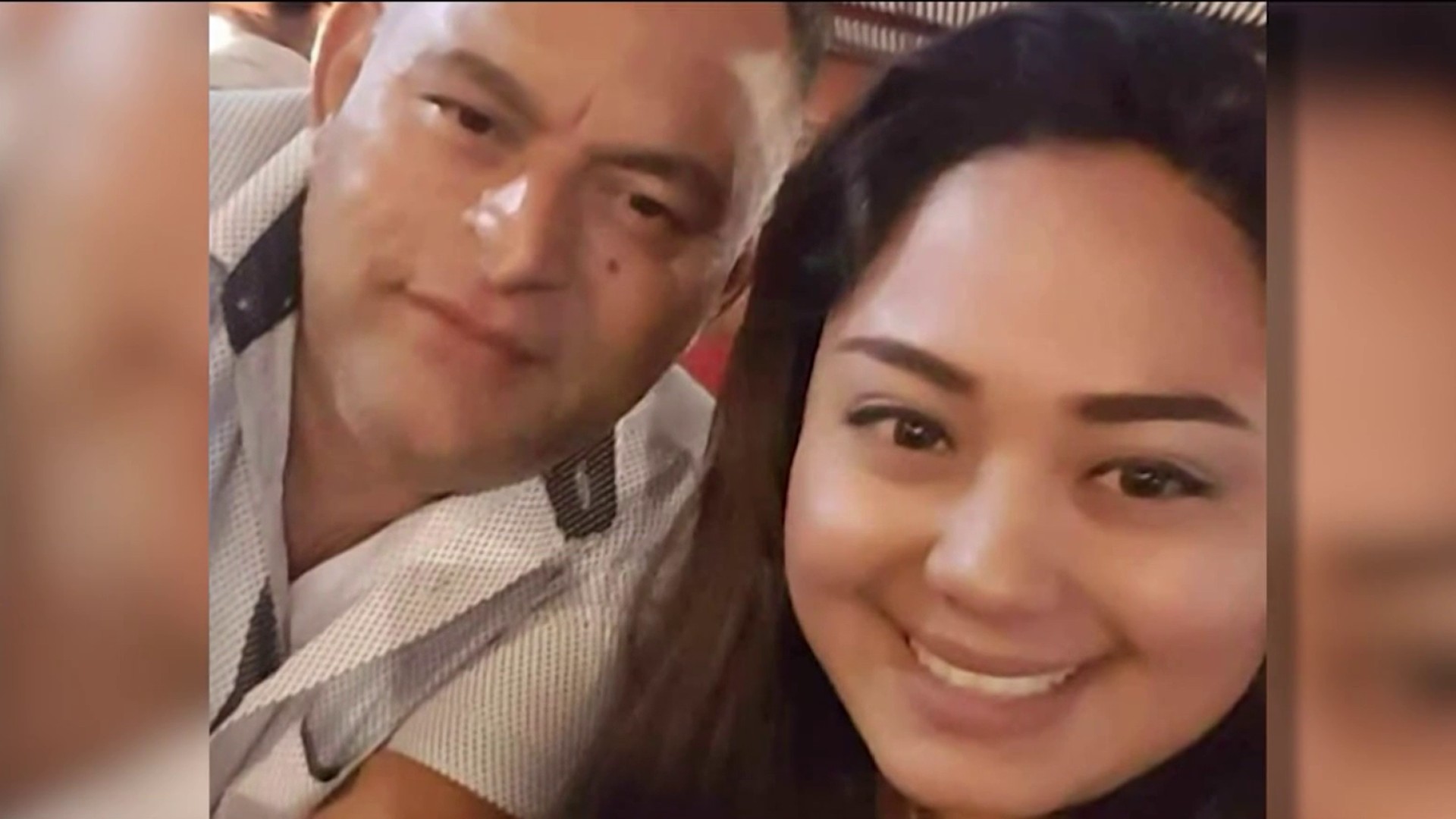Sports betting is now legal in Florida, but there are restrictions. NBC 6 reporter Sophia Hernandez explores how people are taking advantage of the options available in the Sunshine State.
Calling it a “win-win,” Seminole Tribe of Florida leaders announced Monday they had reached an agreement with pari-mutuel companies that will end litigation over a 2021 deal that gave the tribe statewide control over online sports betting.
The pari-mutuel companies West Flagler Associates and Bonita-Fort Myers Corp. have unsuccessfully fought the sports-betting plan in state and federal courts.
Watch NBC6 free wherever you are
The agreement announced Monday includes the Seminole Tribe; West Flagler Associates; Bonita-Fort Myers Corp.; Southwest Florida Enterprises, Inc.; and the pari-mutuels’ owner, Isadore Havenick, according to a news release.
The pari-mutuel companies agreed to “refrain from engaging in any future litigation with respect to the Seminole Tribe’s gaming operations,” the release said.
Get local news you need to know to start your day with NBC 6's News Headlines newsletter.
Also as part of the deal, jai alai provided by Battle Court Jai Alai, LLC, which is affiliated with West Flagler, will be offered on the Seminoles’ betting app in early 2025.
Jim Allen, CEO of Seminole Gaming, called the deal “a win-win agreement” for the tribe and the companies.
“Rather than engaging in years of additional litigation, this agreement will allow the parties to work together to promote jai alai, which has played an important role in Florida’s gaming landscape for nearly 100 years,” Allen said.
Local
The companies’ lawsuits challenged part of a 30-year gambling deal, known as a “compact,” that the tribe reached with the state. The deal includes a “hub-and-spoke” provision allowing the Seminoles to accept mobile sports bets placed anywhere in the state, with the wagers run through servers on tribal land.
The pari-mutuel companies alleged, in part, that the hub-and-spoke provision violated federal law regulating gambling on tribal lands. The U.S. Supreme Court in June refused to take up the companies’ appeal of a court decision that kept the multibillion-dollar deal in place.
The pari-mutuels and Havenick also asked the Florida Supreme Court to rule on whether the sports-betting arrangement violated part of the state Constitution requiring voter approval of gambling expansions.
In March, justices unanimously ruled that the companies could not make their case directly to the Florida Supreme Court. Under the compact, the tribe agreed to pay Florida about $20 billion, including $2.5 billion over the first five years of the agreement.
The agreement also allowed the Seminoles to offer games such as craps and roulette at tribal casinos.
The tribe’s expansion of gambling was on hold for more than two years amid the legal battles over the sports-betting provision, but the Seminoles began moving forward with sports betting last fall.



